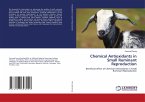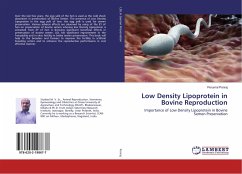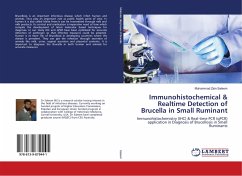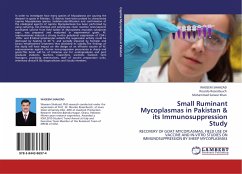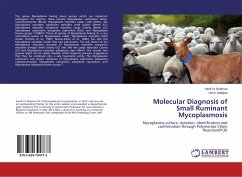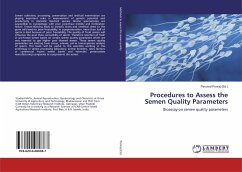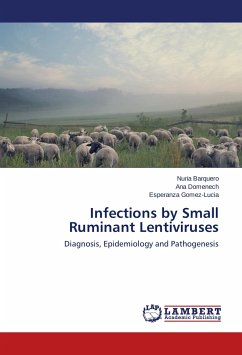The increasing demand for information on improving the quality of small ruminant semen is crucial for the effective utilization of superior germplasm and enhancing milk and meat production. Artificial insemination is a key technique in the genetic improvement of livestock. Various factors, including oxidative stress, significantly contribute to the deterioration of semen quality, resulting in poor fertility rates in caprine and ovine species. While chemical antioxidants can offer some benefits, they often disturb the osmolarity of the diluent and can harm both sperm and the female reproductive system during artificial insemination. In contrast, herbal antioxidants/additives do not cause such adverse effects and help maintain semen quality and fertility in small ruminants. This book will be valuable to scientists in andrology or semen processing laboratories, animal breeders, dairy farmers, commercial frozen semen banks, and companies that manufacture extenders and preservatives.
Bitte wählen Sie Ihr Anliegen aus.
Rechnungen
Retourenschein anfordern
Bestellstatus
Storno


